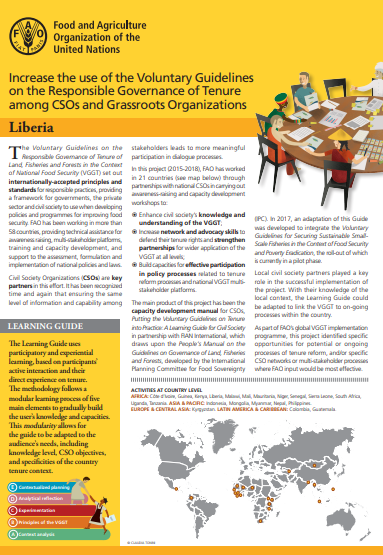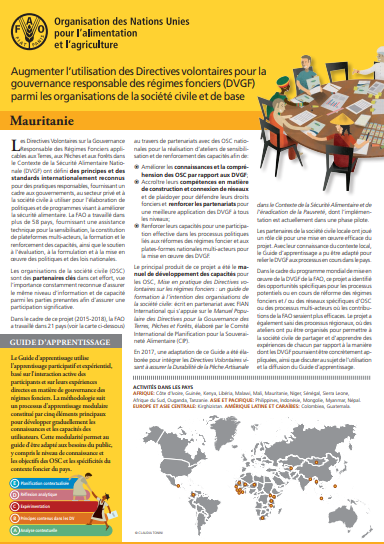Are urban land tenure regulations in Namibia the solution or the problem?
Land tenure in Namibia is regulated by a variety of Acts, some of which date back to as far as 1937, and some of which are
yet to be approved by Cabinet. This variety of Acts makes it difficult to evaluate the performance of land administration as a
whole, and the appropriateness of coercive instruments with regards to urban land tenure in particular. In this article we
evaluate how urban land tenure regularization practices are conducted in Namibia, and to compare new formal procedures,










